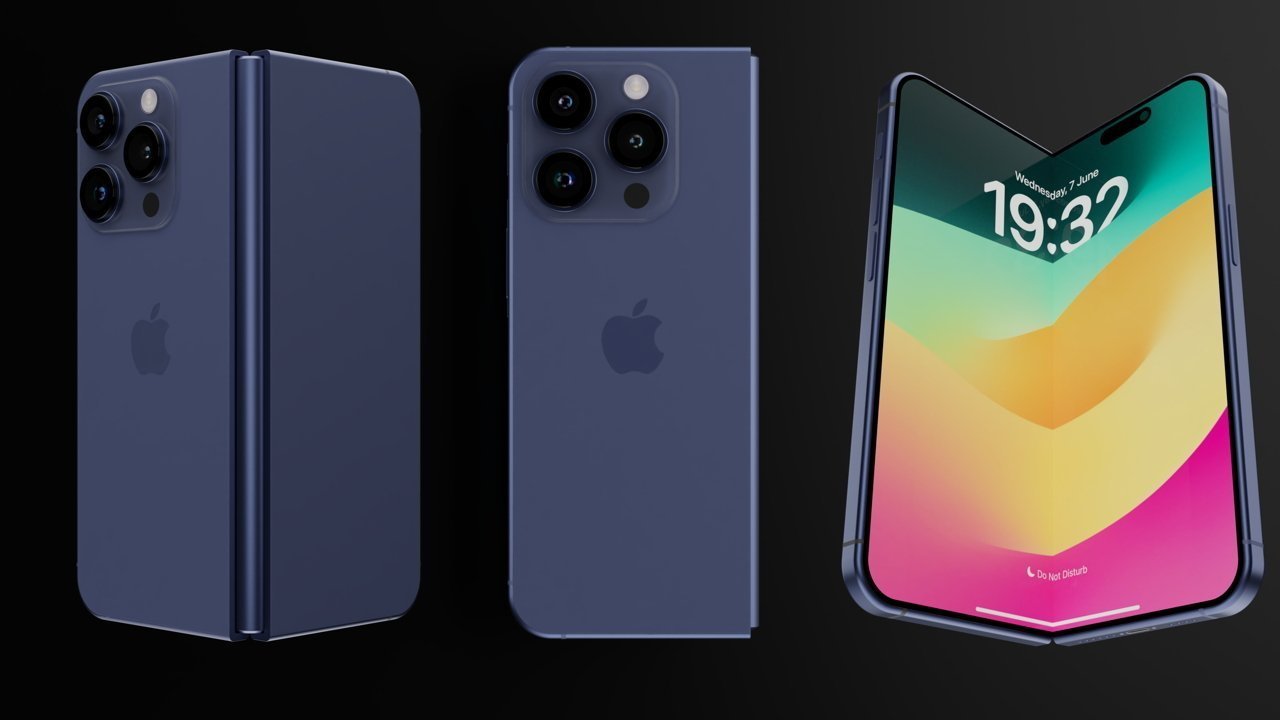More than two years after ChatGPT burst onto the scene, companies are still struggling to make the technological transition. However, a growing number of trials are showing that artificial intelligence is not just about automating tasks. This technology is profoundly redefining the way we work together – but only if everyone has access to it, and is willing to embrace it.
A large-scale study on the subject was recently carried out at Procter & Gamble, the American multinational consumer goods corporation, by researchers from Harvard, Wharton and the Digital Data Design Institute. The aim was to assess the impact of artificial intelligence on the day-to-day lives of 776 employees, faced with concrete tasks such as creating packaging, devising distribution strategies and developing new products. The results are sobering: used judiciously, AI enables a single person to achieve performance comparable to that of an entire team.

Better still, a team that uses this technology is more likely to produce original, impactful ideas with high potential. But that's not all. The study also reveals that, with the support of GPT-4, less experienced employees can achieve a level of performance equivalent to that of their more experienced colleagues.
AI is thus capable of reducing experience-related gaps. And the icing on the cake is that it even helps improve well-being at work. Participants reported reduced anxiety, increased enthusiasm and renewed energy.
It's important to note, however, that these effects were measured over a short period, and the research needs to be taken further. Nevertheless, a certain potential has been identified. Barriers to adoption Except that not everyone benefits from the potential of AI in the same way.
A cross-sectional analysis of 18 studies involving over 140,000 participants worldwide highlights a significant gender gap, with women adopting AI tools between 10% and 40% less than men. Between November 2022 and May 2024, they accounted for just 42% of monthly ChatGPT users, a figure that drops to 27% when looking at downloads of AI-related smartphone apps. What accounts for these discrepancies? They stem from a combination of ethical reticence, fear of judgment and the persistent perception that the use of artificial intelligence could be considered as cheating.
In a professional environment where women are judged more harshly than their male counterparts, it can be all the more daunting to venture into using a tool that's still poorly understood and a source of ambiguity. And yet, when access to AI is facilitated, supported and dedramatized, the boundaries start to shift. In some tech environments, women are even more willing than their male colleagues to adopt these new tools.
It's all a question of familiarization, training and a climate of trust. Companies therefore have a decisive role to play. By ensuring equitable access to artificial intelligence and promoting its use on a daily basis, they have the power to reduce gender inequalities, encourage autonomy for all, and fundamentally reinvent managerial practices.
Because while AI can be an extraordinary catalyst for people's skills, it will only be so within an inclusive framework that is aware of its biases. Ultimately, it's not just a question of learning how to use artificial intelligence. It's about rethinking work itself, putting collaboration, trust and equality at its core.
– AFP Relaxnews.
Technology

Could artificial intelligence be your best teammate at work?

More than two years after ChatGPT burst onto the scene, companies are still struggling to make the technological transition. However, a growing number of trials are showing that artificial intelligence is not just about automating tasks. Read full story














